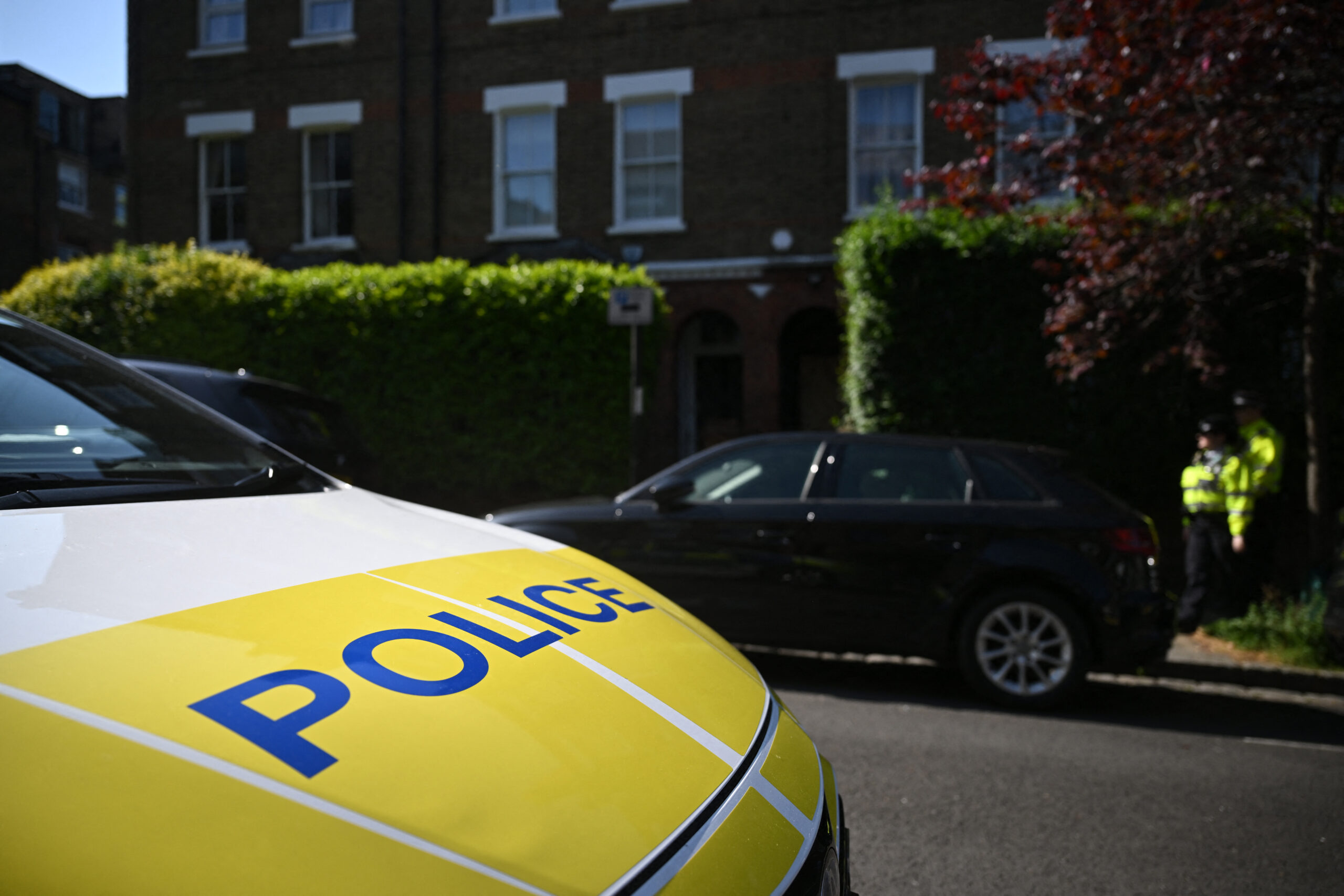Ninja Sword Ban Begins, as UK Moves to Eliminate Knife Attacks
Starting from August, it is now illegal to own, manufacture, import, or sell so-called “ninja swords” in England and Wales. The ban is the final part of the so-called Ronan's Law, introduced to curb knife-related crimes after the number of such attacks has risen dramatically in recent years, including among young people.
From now on, anyone caught in possession of a ninja sword faces six months in prison — a sentence that will later rise to two years — under new measures in the Criminal Justice and Police Act. Already, carrying any weapon in a public place can result in a prison sentence of up to four years.

Illustration. The ban on ninja swords follows a month-long nationwide scheme during which people could hand in their swords at local police stations (Photo: AFP)
The ban follows a month-long national surrender programme allowing people to hand in their swords at local police stations. Individuals were also given the option to request compensation for the weapons they surrendered, some of which may have been purchased for decorative or religious purposes, according to the South Wales Police website.
The UK Home Office said that more than 1,000 weapons were handed in during the government’s July amnesty.
Rules on the possession of various knives and swords have been tightened in the United Kingdom following a sharp rise in knife crime in recent years.
One of the most tragic incidents occurred in July 2024, when 17-year-old Axel Rudakubana launched a knife attack at a Taylor Swift-themed children’s dance concert in Southport, killing three girls and injuring ten others,
– Euronews recalled.
That was the final straw — the killing of innocent children caused huge shock and outrage among Britons. Protests broke out across the country, many of which descended into riots.
The government subsequently decided to introduce stricter age verification, tighter controls on online weapons sales, and bans on certain bladed items, including zombie knives, machetes, and ninja swords.
The new restriction is part of Ronan’s Law, named after 16-year-old Ronan Kanda, who was stabbed to death with a ninja sword in 2022.
“We believe that the new ban on ninja swords will make a significant difference to the availability of these deadly weapons, particularly in relation to gang-related violence affecting young people, given also that the police will be given further powers to remove them,”
– the Association of Police and Crime Commissioners (APCC) said.
Brutal Statistics
In England and Wales, knife crime has risen by 87 per cent over the past decade. In the past year alone, 54,587 incidents were reported — a two per cent increase on 2023 — putting the UK among the countries with the highest rates in Europe.
Although no age breakdown was released for knife crime overall, Ministry of Justice data shows that,
up to March 2024, just over 3,200 knife or offensive weapon offences were committed by children aged 10–17, resulting in a warning or penalty.
According to a report by the Ben Kinsella Trust, a significant proportion (25–30 per cent) of knife crimes in London involve juveniles, particularly in violent incidents linked to gangs.
The report also highlights that, among those under 25, the proportion of victims of knife homicide is exceptionally high — 44 per cent of all such killings up to 31 March 2024 — with juveniles (10–17) particularly affected in cases of robbery and assault.
From today, 1st August, Ninja Swords are officially banned across England and Wales. The final part of „Ronan’s Law” makes it illegal to sell, own or transport these dangerous weapons.
Read more: https://t.co/gxJGfy5Q0V pic.twitter.com/dyZ1PHQaN6
— The Ben Kinsella Trust (@kinsellatrust) August 1, 2025
Data from the Metropolitan Police shows that the proportion of knife crimes committed by juveniles in London is higher than the national average, partly due to gang culture and the drug trade.

